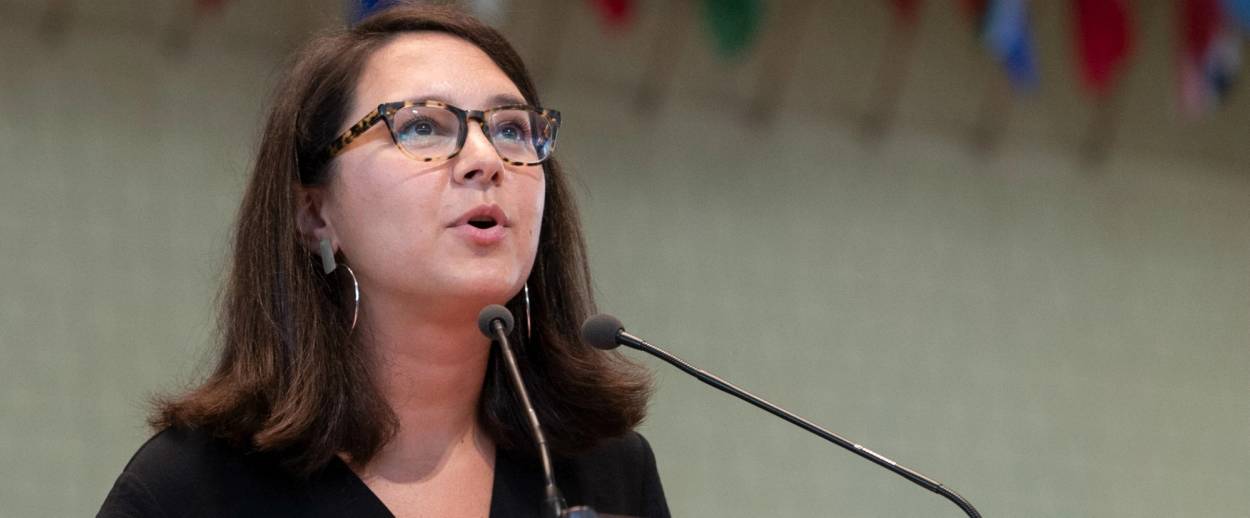WATCH: Bari Weiss on the New Seven Words You’re Not Allowed to Say
Updating George Carlin’s classic list for an age of political correctness and toxic partisanship




In 1972, comedian George Carlin was arrested after performing in Milwaukee’s Summerfest. He was charged with disturbing the peace, largely because of one monologue, entitled “Seven Words You Can Never Say on Television.” The same skit was broadcast a year later by New York’s WBAI, and led to a lawsuit that went all the way to the Supreme Court and established long-standing rules governing indecency in media. By now, the seven words are both well known and, for the most part, relatively tame; any preteen watching even the most milquetoast basic cable offerings sees and hears much worse. But there are new words we’re not allowed to say, and they suggest that our culture is in more trouble than ever before.
Speaking at the Chautauqua Institution last week, Bari Weiss, formerly of Tablet and currently with The New York Times, riffed on these new verboten words, terms like “imagination” that used to be the cornerstone of our democracy and have somehow turned into depth charges in the age of political correctness and toxic partisanship. So grab a glass of wine, sit back, and enjoy Weiss’ insights:
Liel Leibovitz is editor-at-large for Tablet Magazine and a host of its weekly culture podcast Unorthodox and daily Talmud podcast Take One. He is the editor of Zionism: The Tablet Guide.